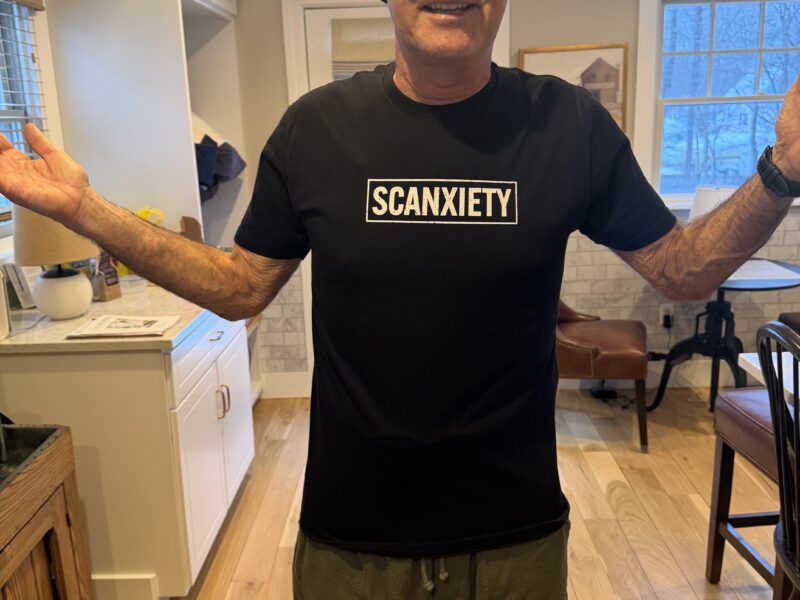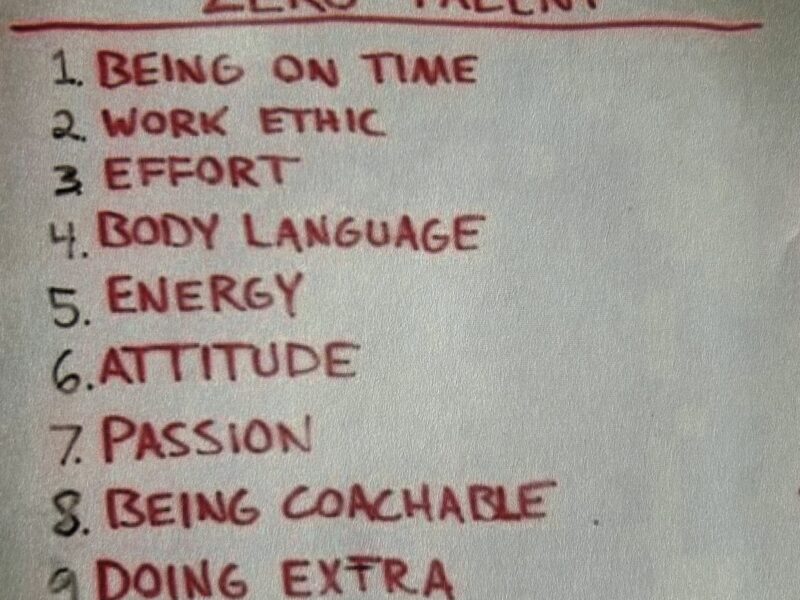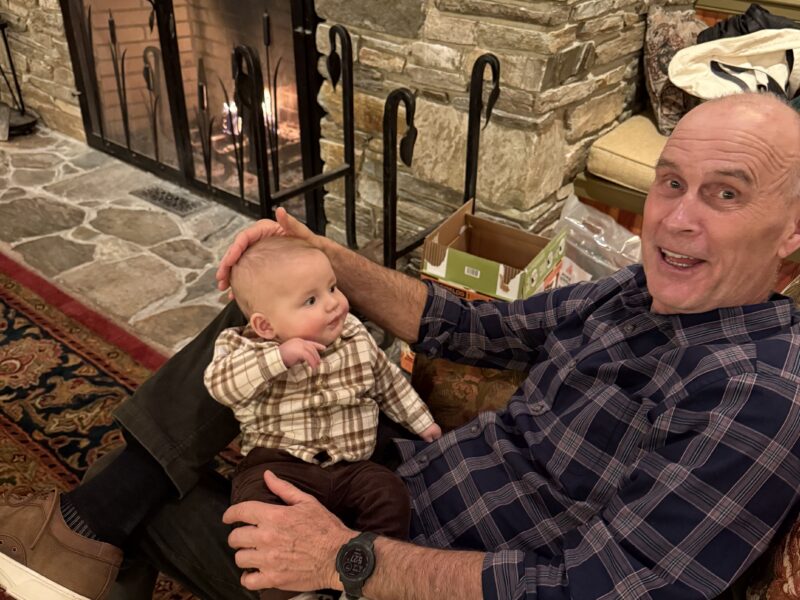Now that marijuana possession is undergoing a status change that has evolved from from felony to prescription drug, I thought I might dust off something I read 15+- years ago. It comes from what I call The Headmaster’s Trilogy:
– John McPhee’s The Headmaster (1966) tells the story of Frank Boyden’s 66 (not a misprint!) years at Deerfield;
– The Rector of Justin (1964) by Louis Auchincloss is a novel supposedly based on the life of The Groton School’s Endicott Peabody;
– Richard Hawley’s The Headmaster’s Papers (1983) is a novel written in the form of letters to and from a boys boarding school headmaster.
A passage from Hawley’s book eerily synthesizes the uniformly negative experiences I have had in working with teenagers involved with drugs.
There was, at the beginning, real confusion about drugs, confusion about if drugs were a problem and confusion about what sort of problem they were. We are no longer confused. We have had a good deal of experience now of students who smoked pot, took pills, inhaled cocaine, and so on, and as I say, we are no longer confused.
Some of us here can remember school when there were no drugs whatsoever on the scene, except liquor which, killer and thief of human promise that it is, has at least been a familiar part of the social fabric of Western life since antiquity. As I say, some of us were working here before the drug scene, worked here through the early days of the drug scene, and are still here. The changes we have seen in drug-using boys are uniform. Let me summarize them as I see them.
- They do poorer school work and less of it than formerly; never better and more.
- They drop team and other organizational commitments; never add team and other organizational commitments.
- They initiate less activity not connected to getting and using drugs.
- They are harder to interest and arouse.
- They care less about non-drug-taking friends, about family, and about others in general than they did before their involvement with drugs.
- They do not perceive or attach feelings to dramatic personal and academic losses and may even claim that they are functioning better and thinking more clearly than before.
- They increasingly organize themselves socially around drug-taking and associate predominantly with other drug taking friends, even when there is no other basis of shared interest than drugs.
…….I know of no family or school where the corporate life has remained unaltered or been improved by drug use.
For me, Hawley’s key point lies in this last sentence. Marijuana and other street drugs may not always make life markedly worse; But, I’ve never seen them make life better for kids. And I have my doubts that a mere change of adjectives from “street” to “prescription” is going to do any more than change the label on the same ol’ bottle of wine.
My experience says kids don’t always go down the tubes when they experiment with drugs; But, those who are headed down the tubes always seem to share drug usage in common and they seem to shoot down through them a lot faster than kids who don’t experiment with them. Today, there are many obstacles to good teaching and parenting. All efforts must be valued as part of the solution or part of the problem.
So, should you and your teenager find yourselves at a CVS near you discussing the merits of various herbal blends with your local pharmacist, be sure to include a little Richard Hawley in your thinking.
Onward, Malcolm Gauld


